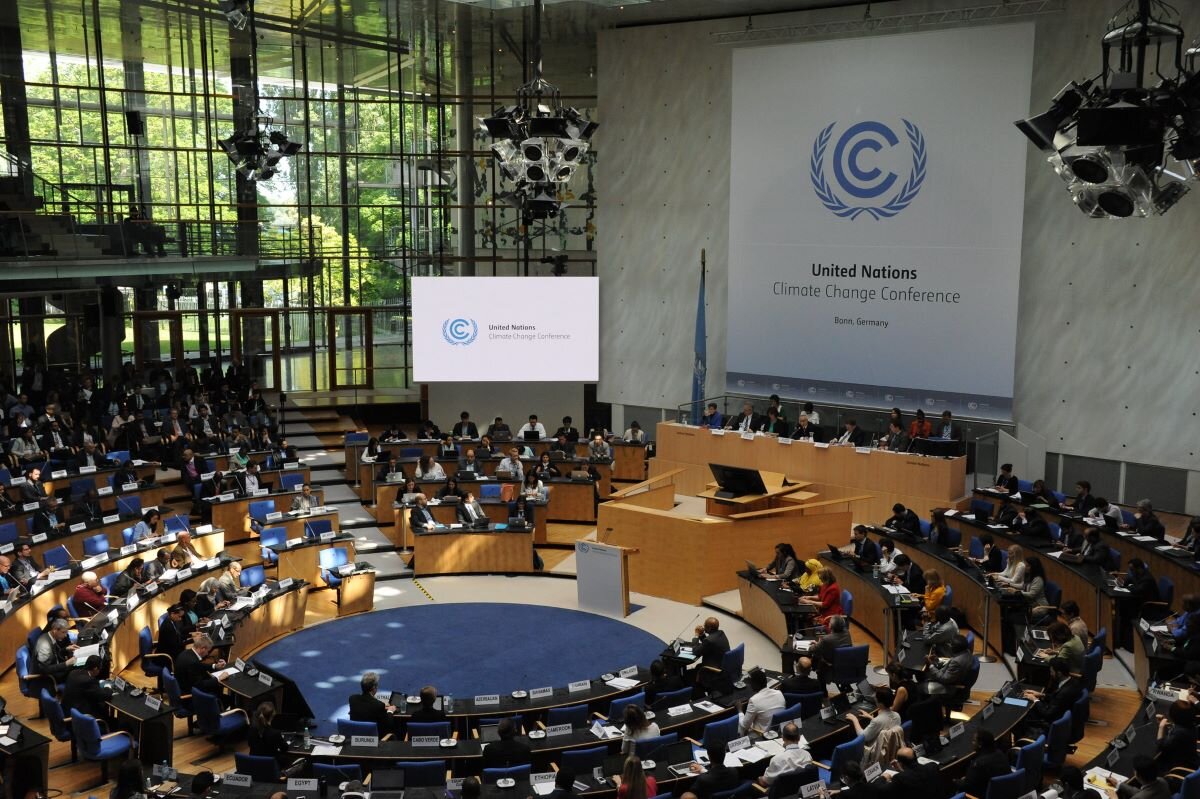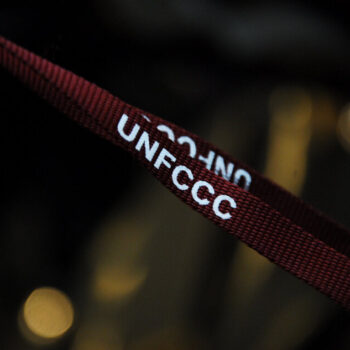- Climate diplomats will meet in Bonn from 6-16 June. These are the first UN climate talks since COP26 in Glasgow in November 2021.
- With five months until COP27 in Egypt, these negotiations are a key opportunity to make progress on global climate action across priority issues.
- The talks will be a test of whether negotiators can sustain momentum on climate diplomacy despite the tense geopolitical environment.
Story
Annual UN climate talks in Bonn (6-16 June) will see governments begin debating key issues that require agreement by COP27. Topics they will address include:
- Loss and damage: developed countries will be in the spotlight to provide money to address the devastating irreversible impacts that climate change has and will have. This topic was a major flashpoint at COP26 and G7 Climate Ministers since acknowledged their role in mobilising resources for loss and damage in their May communiqué.
- Adaptation: developed countries committed at COP26 to double their share of finance to go to developing countries to help them adapt to a warming planet. This pledge will be under scrutiny in Bonn after Canada and Germany recently revealed they’ll include a plan to achieve it in their update to last year’s $100bn Delivery Plan. Negotiators will also discuss how to monitor overall progress towards the ‘Global Goal on Adaptation’, a key aim of the Paris Agreement.
- Mitigation: in Glasgow, countries agreed to revisit and strengthen their 2030 climate targets; to date, few countries and none of the G20 major emitters have done so. The pressure will be on these countries to respond. Negotiators also agreed in Glasgow to start a new process to guide countries on raising ambition and implementation of emissions targets in the 2020s – in Bonn countries and civil society will start designing how this should look.
- Finance: Bonn will revisit the issue of a new goal for raising climate finance to support developing countries’ climate action post-2025. The current goal for 2020 of $100bn remains unmet and is unlikely to be fulfilled until 2023. Countries will also be raising issues around access to finance in the side-lines of negotiations.
- The Global Stocktake: this process is the ‘review mechanism’ of the Paris Agreement. Ending at COP28 in 2023, the Stocktake will review progress (or lack thereof) towards meeting the Paris Agreement to date. The latest reports from the Intergovernmental Panel on Climate Change have painted a stark picture of inadequate action to address the climate crisis so far.
Taking place against a tense geopolitical backdrop marked by the war in Ukraine, a global energy crisis, and an emerging global food crisis, progress at the UN climate talks would be an important signal of countries’ continued investment in global climate cooperation and willingness to address the climate crisis.
Available for comment
E3G experts are available for commentary throughout the Bonn climate negotiations, 6-16 June– please contact them directly on the following topics:
Alex Scott, Programme Lead (Climate diplomacy and geopolitics)
+44 (0)7482 750 760, alex.scott@e3g.org
Alden Meyer, Senior Associate (UNFCCC negotiations, mitigation ambition, climate finance and climate diplomacy)
+1 202 378 8619, alden.meyer@e3g.org
Tom Evans, Policy Advisor (COP27, the Global Stocktake, mitigation ambition and implementation)
+44 (0) 7931 317 327, tom.evans@e3g.org
Carolina Cecilio, Policy Advisor (Loss and damage, adaptation, and risk and resilience)
+ 32 497 49 69 68, carolina.cecilio@e3g.org
Ines Benomar, Researcher (Vulnerable countries, and loss and damage finance)
+32 490 11 33 19, ines.benomar@e3g.org
Notes to Editors
- E3G is an independent climate change think tank with a global outlook. We work on the frontier of the climate landscape, tackling the barriers and advancing the solutions to a safe climate. Our goal is to translate climate politics, economics and policies into action. About – E3G
- For further enquiries email press@e3g.org or phone +44 (0)7783 787 863

